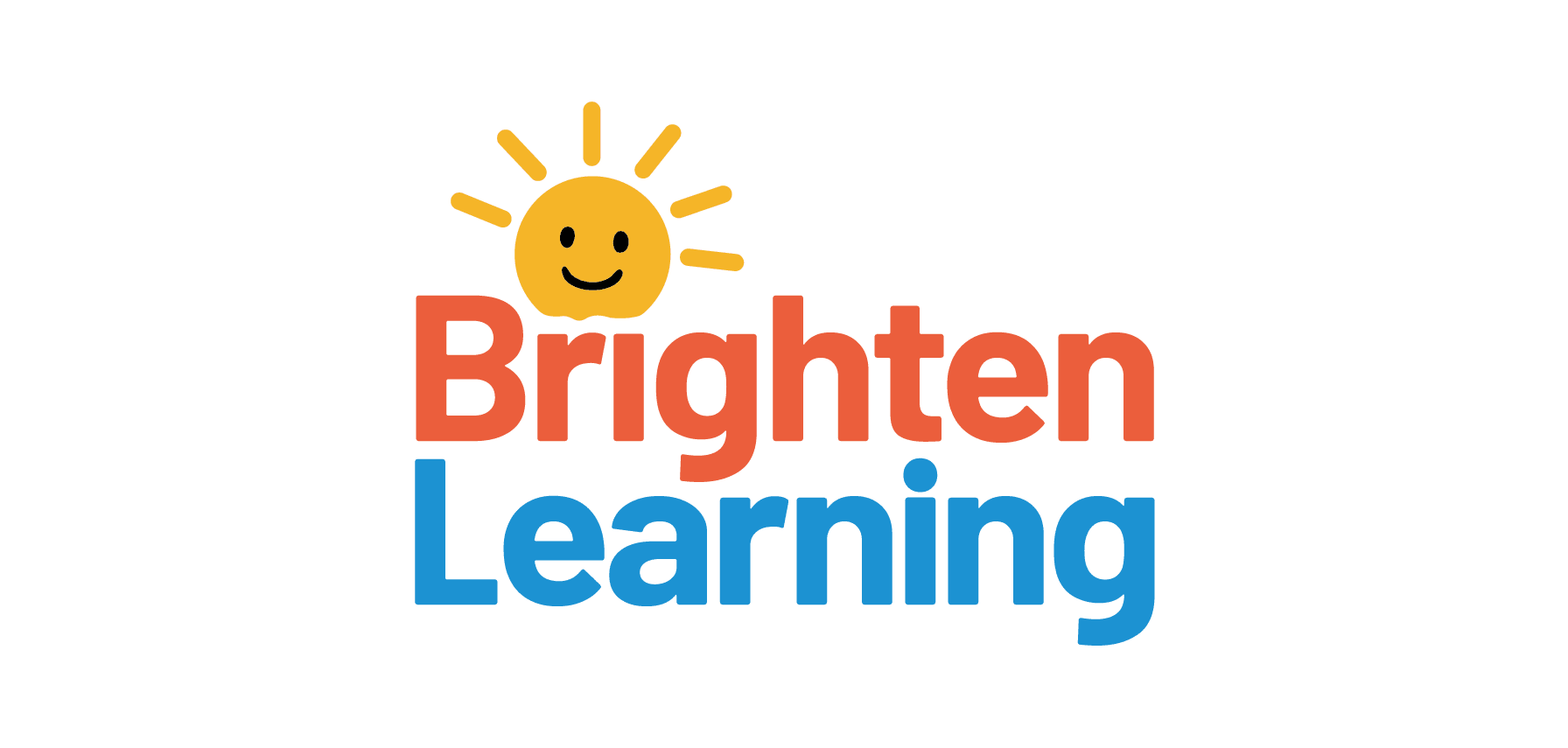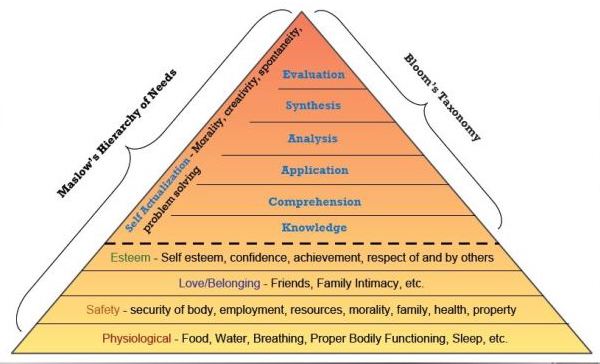No time for SEL? Think again…
Considerations when Planning for Social Emotional Learning (SEL) in your school 2021
By Joyce Whitby
We support #SELDAY 2021 – March 26, 2021 – https://selday.org/

If you do a google search on “Maslow before Bloom” you will see there is no shortage of opinions, essays, blog posts and research on the importance of ensuring fundamental needs for survival and well being are addressed, before we focus on moving from rote memorization to higher order thinking skills. What may surprise you is that the first references of these posts that I found were posted in 2013! Here’s one quote “Educators adhere to Bloom’s Taxonomy of Learning Domains, but before schools in poverty can even get there, Maslow’s Hierarchy of needs is a more-needed consideration. This is a problem for education.” (Whitby, 2013) Thus the cry for addressing basic needs of learners has been around for as long as there has been formal education. It was already a problem; and then along came Covid-19.

Frankly, the pandemic has taken the need for addressing both physiological, safety, love and belonging, and esteem, to never before seen levels. As we have seen since school closures in March 2020, Schools are responsible for so much more basic care. Meal programs for the hundreds of thousands of students living below the poverty line have steadily grown longer as fiscal uncertainty and food insecurity have risen. School systems and community groups nationwide have risen to the occasion with steady flow of food and hygiene supplies. These schools and communities should all be applauded and are all in our collective debt. But what about the stress, the anxiety, the isolation? How are we addressing these needs in a consistent, uniform and equitable model.
Well beyond severe insecurity around basic needs of shelter, food, trust and love, the impact emotionally on us all, is taking its toll. The combination of stress, insecurities and isolation can be seen in the rise of violent crimes (Gest, 2020), and suicide attempts (Chatterjee, 2021). Health experts are warning that this trauma can have long-term mental health consequences. “The COVID-19 pandemic is a severe traumatic experience, whether from the social isolation, or from a parent or loved one getting sick or dying,” says Marcus Henderson, a Penn Nursing lecturer and practicing adolescent psychiatric-mental health nurse. “They’re going to carry this experience with them the rest of their lives.” (Berger, 2021)
So what is your plan for addressing the mental health needs of your school learning community?
On the whole School Leaders have done an amazing job of ensuring safety of their students and staff despite the most challenging of circumstances. In a recent education conference (edFocus, held virtually 2/10-12/21, https://home.edweb.net/edfocus2021-agenda/), Superintendents spoke about their “silver linings” – wonderful stories about creative educators, inspiring students and engaged parents. Admittedly none were ever prepared for a situation like this. There was no “Pandemic 101” course in graduate courses on educational leadership.
The Superintendents at edFocus went on to say that moving forward, it is likely that there will be more than just discussions in future courses, there will be case studies on what worked and how to clone that success. Presenters and attendees alike at edFocus concurred that though they were looking forward to schools opening back up, there would be many lessons learned during Covid, which would be carried forward. Another thing they all agreed on was that a focus on social emotional learning is no longer an option. In fact, they went as far as to say that SEL should be front and center for the entire learning community – students, teachers, administrators, parents and the entire school staff including secretarial, buildings & grounds, bus drivers… everyone! All members of the learning community need and deserve an opportunity to reflect on their situation, express their feelings if they desire, and learn healthy ways to cope.
Think of SEL as fertilizer for resetting learners back on the path to fertile academic growth.
Yet, in some communities we are hearing a louder cry to address the “Covid slide”. Policy makers are arguing about the lack of data, and calling for the government to withhold funding if standardized tests are not administered in this school year. Granted, we don’t want students to miss out on age and grade level appropriate learning, but research on trauma informed practices tells us that the brain shuts down when in trauma. Thus, academic immersion will yield more if you address social emotional needs first. Think of SEL as fertilizer for resetting learners back on the path to academic growth.
Thus the question all educators should be asking themselves is “Are you just fitting SEL in, or making it a priority?” Are we just checking off a box and calling it “done”? Here are some “SEL for ALL” guidelines for your consideration for best practices that work as you build your school’s Covid recovery plan.
______________________________________________________________________________________________________
SEL for ALL – Implementation Considerations
 Designate an SEL Point person – don’t assume that just because it is so important, it should be part of everyone’s job, and that’s enough. Your teachers will do what they can on their own. Take a look at your team and designate someone: to own the organization of all efforts, to make valuable mental health resources accessible by all, to prioritize incoming needs, and most importantly to be a tireless cheerleader – sharing good news stories, and applauding all efforts.
Designate an SEL Point person – don’t assume that just because it is so important, it should be part of everyone’s job, and that’s enough. Your teachers will do what they can on their own. Take a look at your team and designate someone: to own the organization of all efforts, to make valuable mental health resources accessible by all, to prioritize incoming needs, and most importantly to be a tireless cheerleader – sharing good news stories, and applauding all efforts.- Ensure that there is explicit instruction in social emotional skills. Part of ensuring a consistent equitable support model is identifying those populations which need direct instruction (early childhood, special needs, adolescents), and which populations might be great peer mentors.
- Don’t underestimate the role of technology in SEL. Principals, Counselors and Teachers can’t do this heavy work alone. Take advantage of this spring to pilot programs like The Social Express and Cool School, to build a foundation you can build on over summer 2021 and in the 2021-22 school year.
4.Professional development is not optional. Once again, dealing with complex trauma is not typically part of pre-service educator training. Start with your staff (teachers, admin, building staff) to provide awareness training in Trauma Informed Practices. Use that time to plan out customized schoolwide plans on how to ask open ended questions to uncover individuals at risk or in crisis; useempathetic language to build trust; and use approved standards (i.e., CASEL) to offer direct instruction around dealing with stress and anxiety.
5.While you are at it – Don’t leave parents out! The parents are also impacted by Covid related trauma. You may also find health professionals who can help lighten your load.
______________________________________________________________________________________________________
REFERENCES
Child Psychiatrists Warn That The Pandemic May Be Driving Up Kids’ Suicide Risk. Rhitu Chatterjee, 2/2/2021. NPR. https://www.npr.org/sections/health-shots/2021/02/02/962060105/child-psychiatrists-warn-that-the-pandemic-may-be-driving-up-kids-suicide-risk
Children, the pandemic, and long-term mental health consequences. Michele W. Berger, 2/5/2021. Penn Nursing and Children’s Hospital Philadelphia. https://penntoday.upenn.edu/news/Penn-experts-unknown-long-term-mental-health-consequences-of-COVID-on-children
Gotta “Maslow” Before You “Bloom”. Jake Miller, 4/5/2016. The Educators Room. https://theeducatorsroom.com/gotta-maslow-bloom/
Humor In The Classroom: amygdala > hippocampus. Posted on 10/29/2014 by Thrasymachus https://thrasymakos.wordpress.com/2014/10/29/amygdala-hippocampus/
Steep Increase in Violent Crimes Reported This Year. Ted Gest, 9/28/2020. The Crime Repot. https://thecrimereport.org/2020/09/28/steep-increase-in-violent-crime-reported-this-year/
The Poor have no Bootstraps to Pull Up. Whitby, 2013, My Island View. https://tomwhitby.com/2013/09/10/the-poor-have-no-bootstraps-to-pull-up/
What Covid-19 Can Teach Us About Remote School Management. Mustak Ahmed. 6/12/2020. MasterSoft erp. https://www.mastersofterp.com/blog/what-covid-19-can-teach-us-about-remote-school-management/
Where’s the Silver Lining for Education? Chaos Learning: Classroom vs Online? Tom Whitby @tomwhitby. 4/10/2020 https://tomwhitby.com/2020/04/10/chaos-learning-classroom-vs-online/


